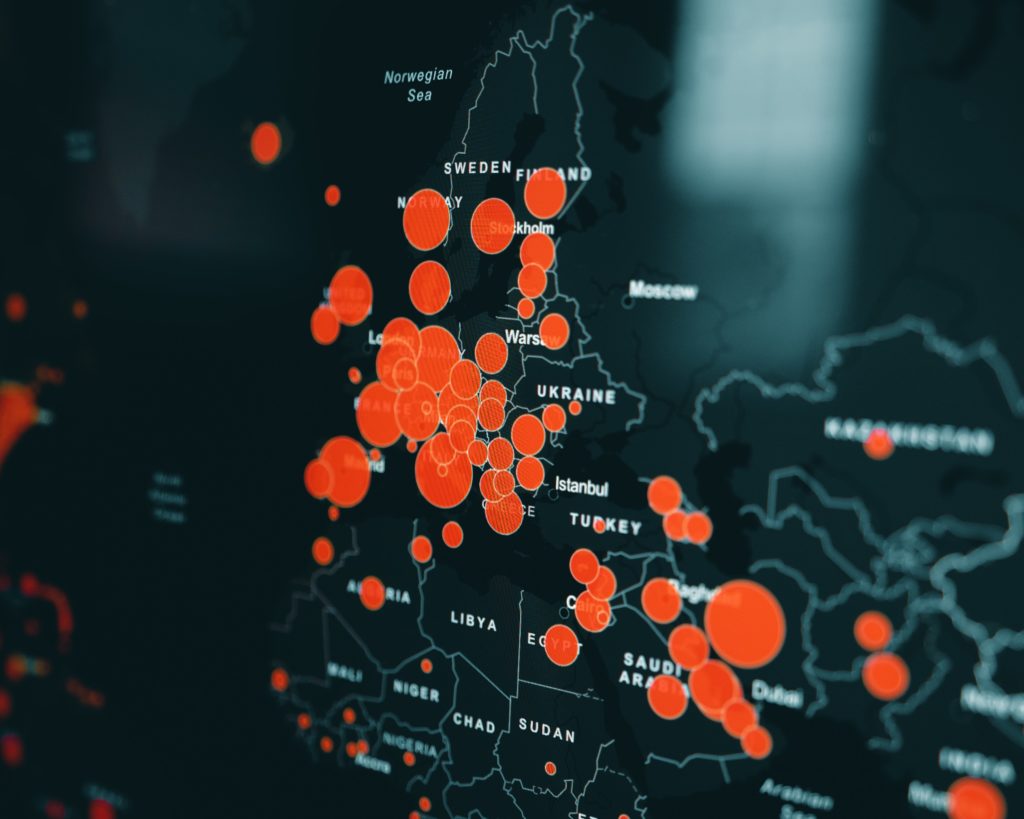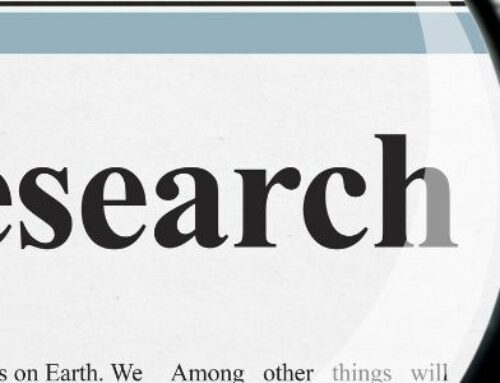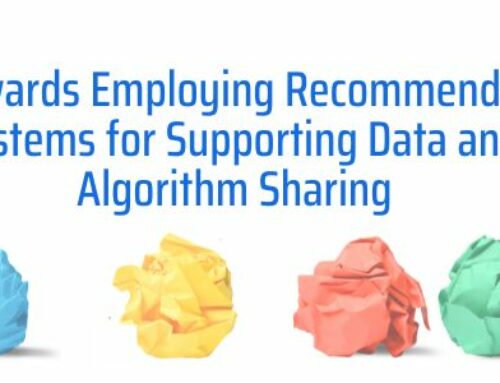The success of a sustainable COVID-19 pandemic management depends crucially on the collection and evaluation of data. Factors such as responsibility, transparency and the willingness to strengthen democracy play a central role here. The general public must have enough trust to support data use for pandemic management. One of our partners, the Austrian Data Intelligence Offensive (DIO), acts as an interface between data specialists, data suppliers and decision makers in this area.
 The Austrian COVID-19 crisis management has shown that government and politics are prepared to use decision-relevant data and findings derived from them as a basis for measures to contain the pandemic. The two core dimensions – “Openness” & “Dataness” – of “Open Data” must be taken into account: “Openness” means an open culture of sharing and cooperation. It is the basis for increasing the value of data and achieving the greatest possible social benefit from it. “Dataness” describes the abilities and (technical) skills to handle and use data.
The Austrian COVID-19 crisis management has shown that government and politics are prepared to use decision-relevant data and findings derived from them as a basis for measures to contain the pandemic. The two core dimensions – “Openness” & “Dataness” – of “Open Data” must be taken into account: “Openness” means an open culture of sharing and cooperation. It is the basis for increasing the value of data and achieving the greatest possible social benefit from it. “Dataness” describes the abilities and (technical) skills to handle and use data.
“Data Governance does not work without considering and including the people whose data is used. It is therefore the DIO’s task to promote an open data culture and the correct handling of data,” says Brigitte Lutz, Data Governance Coordinator of the City of Vienna, Austria, and DIO Board Member.
DIO is working to serve as a central contact point for journalists, the economy, science and the population in Austria and to provide clarity about which data is used to determine government regulations. The entire data spectrum – from data networks around open data of the administration, NGOs and the economy to MyData – can be used. With transparency, novel technologies will contribute to the management of cases of infection and thus strengthen the justification of measures. Legal and ethical considerations within the TRUSTS project can be applied.
Peter A. Bruck, initiator and general secretary of the DIO, explains: “The use of innovative data solutions from the private sector to cope with the COVID pandemic is essential – but only on condition that the type and justification of data use is understood and supported by the population”.
Picture: Coronavirus heatmap from March 2020. Credit: Clay Banks, Unsplash. Data Source: Center for Systems Science and Engineering (CSSE) at John Hopkins University




